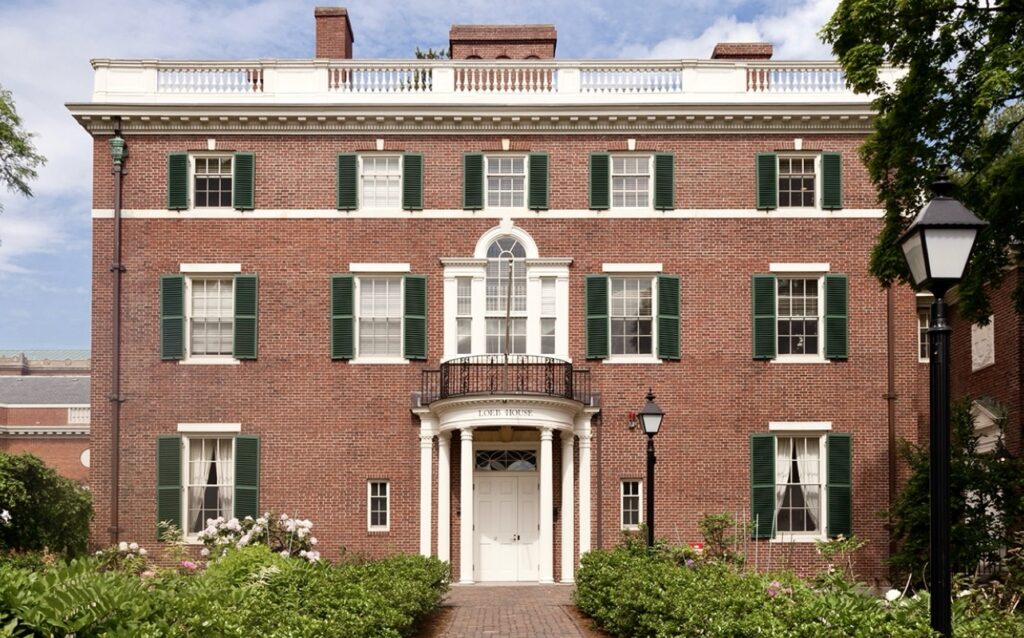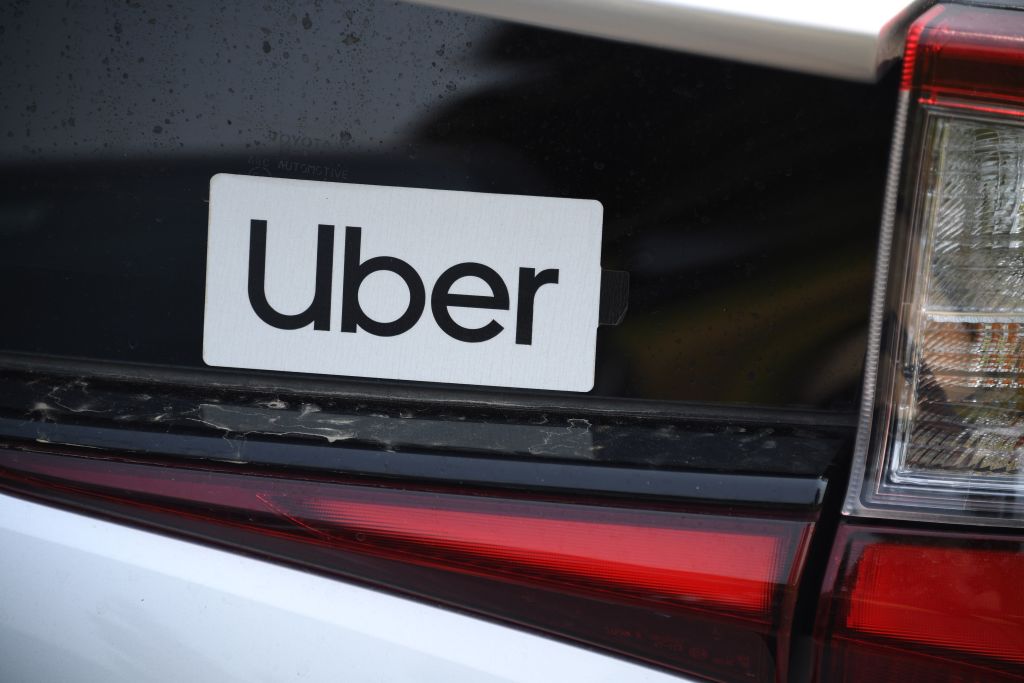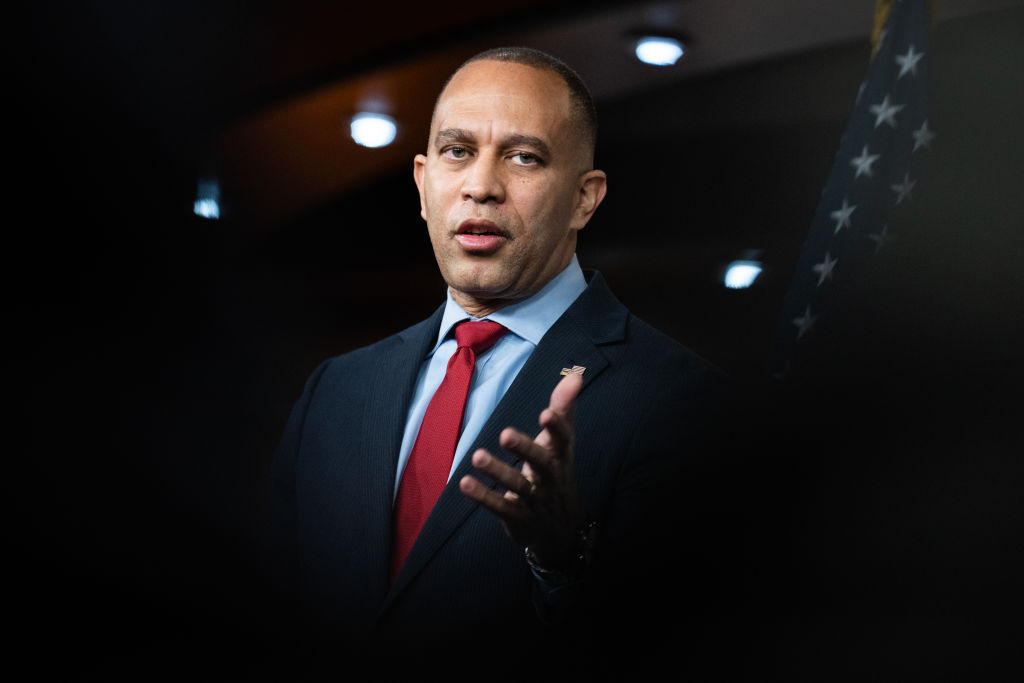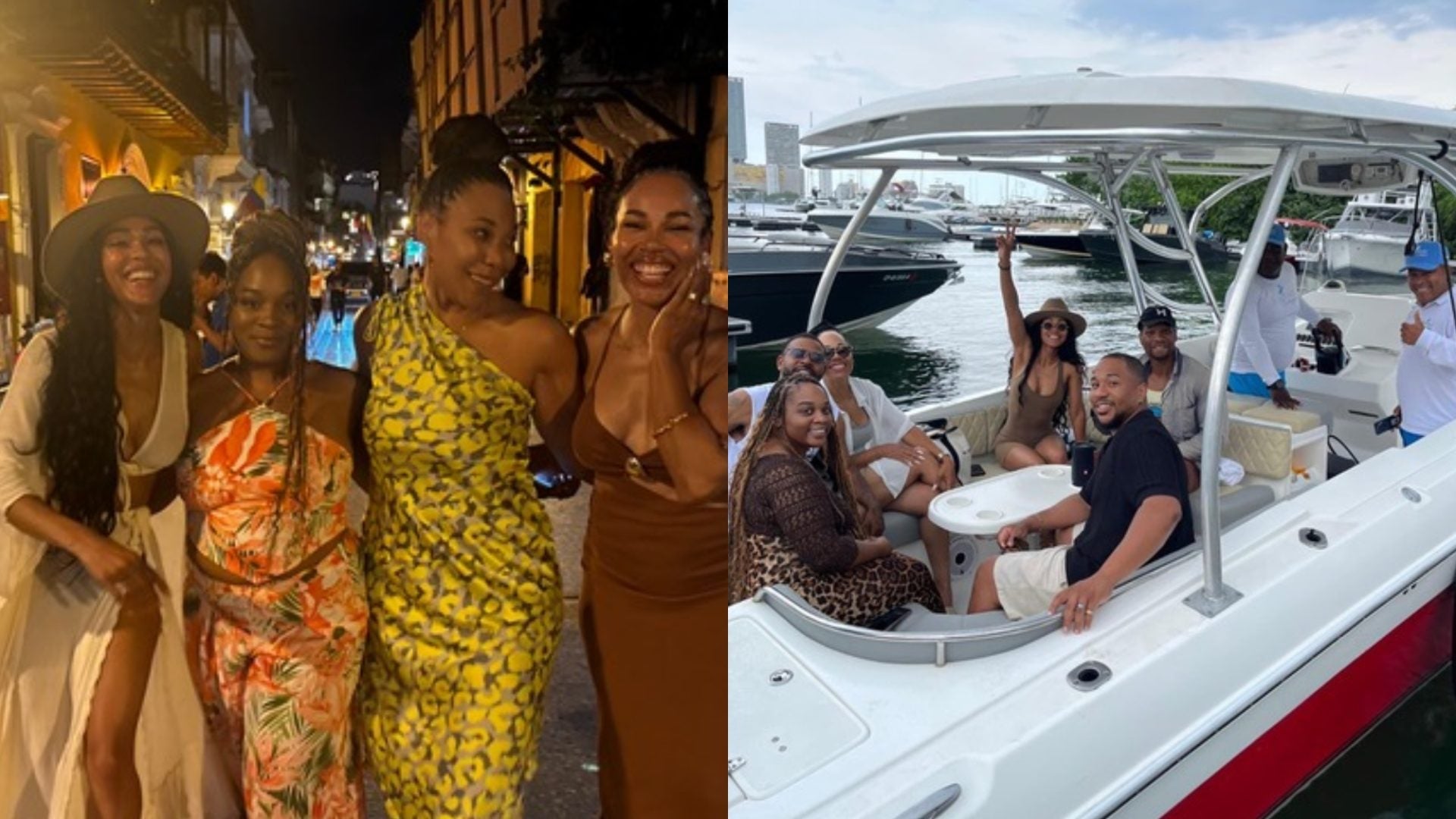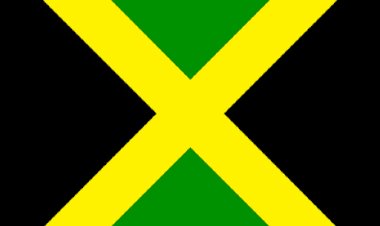Voting Rights Act: Supreme Court To Rule On Landmark Case That Prohibits Discrimination In Voting
The future of Black political representation is now at the mercy of the high court.

The Voting Rights Act of 1965 is one of the most important laws of our lifetime. The landmark civil rights law prohibits racial discrimination in voting. It also ensures that all eligible Americans have an equal opportunity to participate in the democratic process.
But the Supreme Court could roll back a key provision enacted 60 years ago to ensure that Black people have equal access to voting.
In one of the most significant cases of the year, the high court will rule on a case out of Louisiana. White voters in Louisiana v. Callais are challenging the state’s new congressional map following the population shift from the 2020 Census. At first, the state legislature drew a new congressional map that had only one majority-Black district of six total, even though Black people made up nearly a third of the population.
Black voters sued, and a judge agreed that the map violated parts of the Voting Rights Act. State legislatures went back to the drawing board and created a second majority-Black district to reflect the Census data. That angered non-Black voters, who argued in a separate lawsuit that the state created a “racial quota” that cost the state a Republican House seat in a narrowly divided Congress. The lawsuit, led by Phillip Callais, claims that the state’s use of race to comply with the Voting Rights Act (VRA) violates the 14th and 15th Amendments.
A Bleak Future For The Voting Rights Act
The Supreme Court currently has a 6-3 conservative majority. The future of Black political representation in the state is at the mercy of the high court. Justices took a rare step during their last term. Instead of issuing a decision, they called for a second round of oral arguments. According to USA Today, justices are asking whether states can create legislative districts that comply with the Voting Rights Act without violating bans on racial discrimination in the 14th and 15th Amendments.
While Justice Brett Kavanaugh joined Chief Justice John Roberts and the court’s three liberal justices in backing the provision of the Voting Rights Act that’s currently in question, he is now asking whether that part of the law is still needed, signaling what could become a significant blow to Black voters in Louisiana.
Democratic voting rights groups say gutting the Voting Rights Act’s protections could help Republicans win an additional 27 House seats, including 19 that would directly result from invalidating the law’s protections.
RELATED CONTENT: Elevating Your Excellence: Thelma Golden Is At The Forefront Of Black Art And Culture






